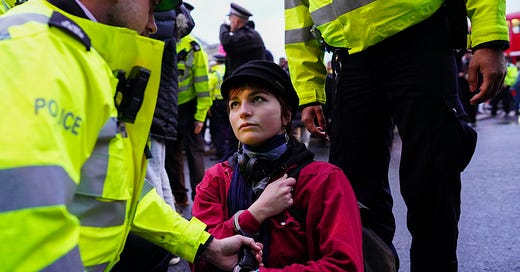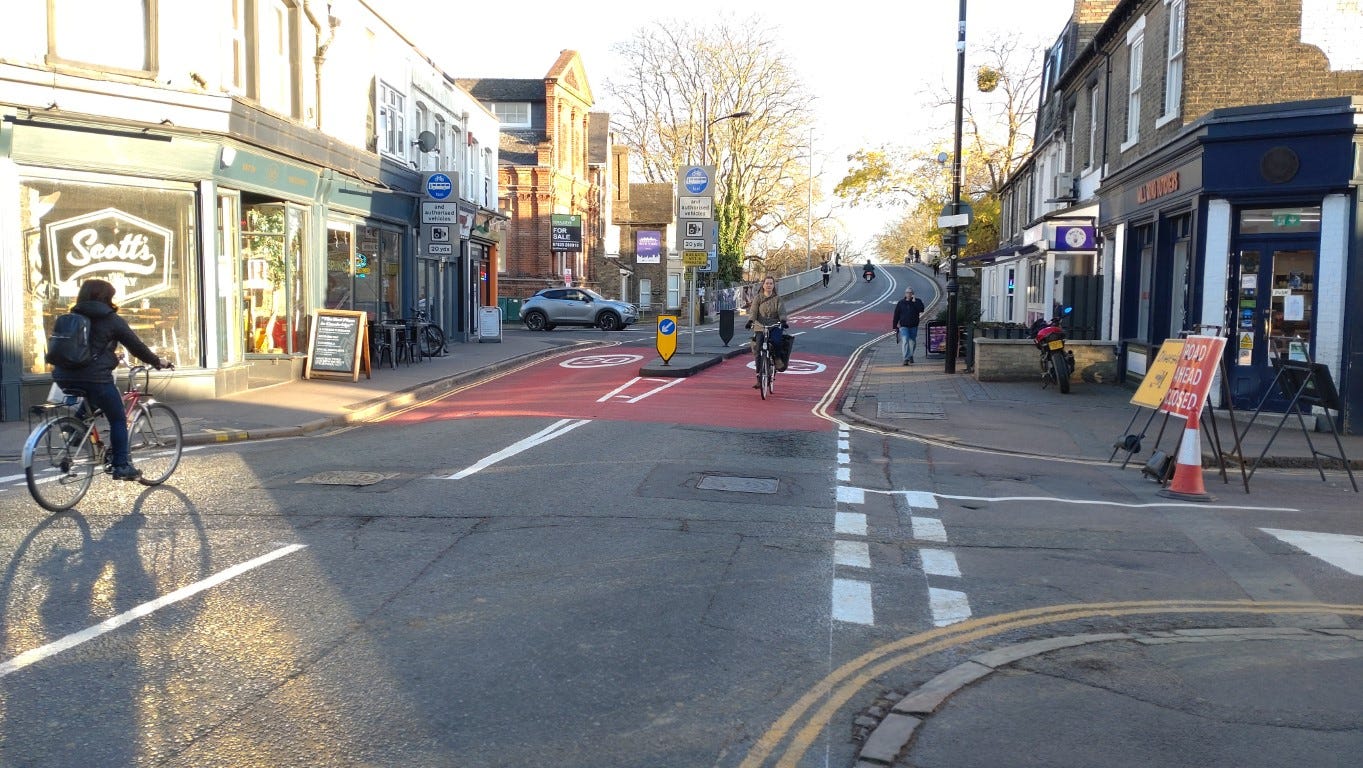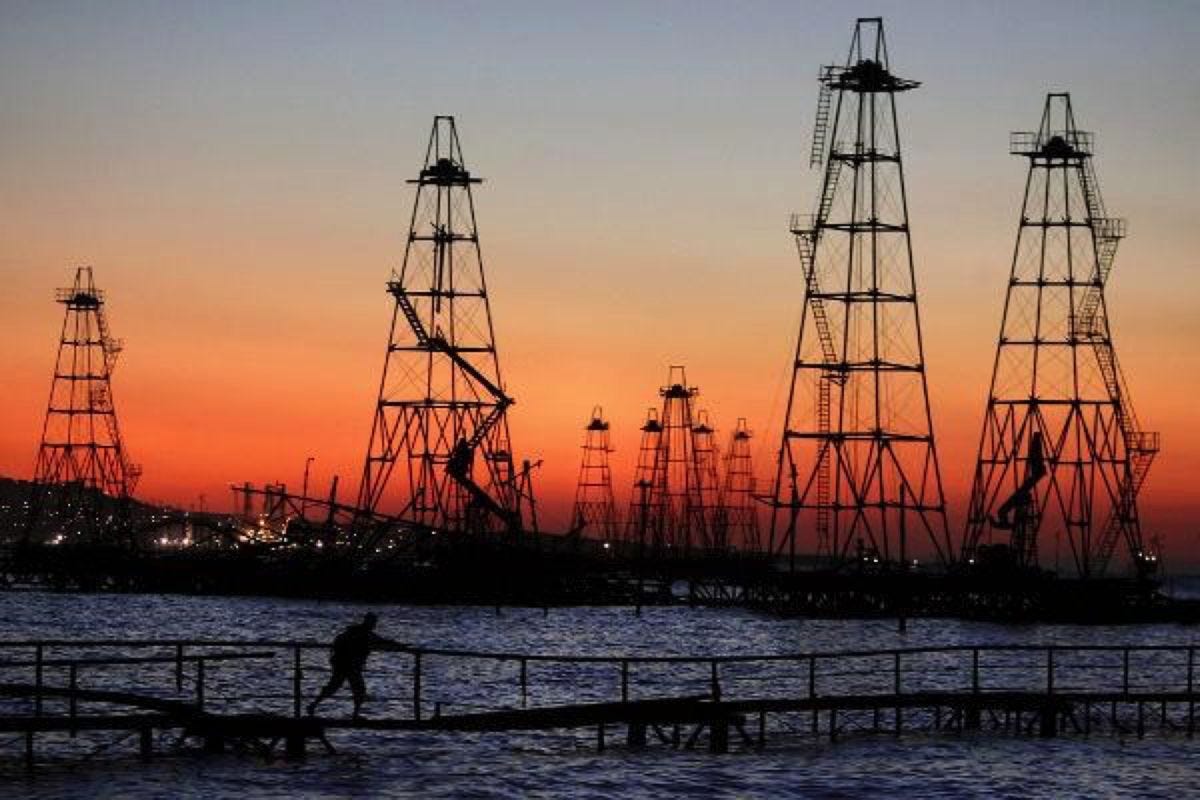It seems hard to know what’s a crime these days.
Earlier this year, several of Cambridgeshire’s Just Stop Oil campaigners were convicted of the “crime” of inconveniencing a subset of road users (namely drivers), in order to try to reduce our headlong rush towards climate chaos. Despite their public spirited objective of preserving a habitable planet, some were sentenced to years in prison. Others are in limbo, anxiously awaiting a hearing and a potential custodial sentence.
But the “crime” of inconveniencing road users doesn’t seem to apply to those seeking to preserve road users’ ability to drive wherever they want. The Mill Road bus gate aims to benefit pedestrians, cyclists, bus users and taxis, as well as residents wanting cleaner air and a quieter street. However, it will undoubtedly inconvenience some drivers, at least until the new system settles down.
However, the opponents aren’t prepared to abide by the democratic decision to proceed, but have been taking the law into their own hands. The BBC reported a few weeks ago, that “about 60 protesters were there and had prevented any work from taking place for a third consecutive night”. The council was reported as saying that Automatic Number Plate Recognition cameras had been vandalised.
How come one lot of protesters that inconvenience road users get sent to prison, and another lot are allowed to carry on night after night, despite criminal damage having been committed?
Could this have anything to do with the way our priorities are so distorted when it comes to preserving our use of fossil fuels?
On the international stage, the fossil fuel lobby’s power is stark. For example, for the second year running, the UN’s COP29 climate summit was hosted by a Petrostate, with a deluge of fossil fuel lobbyists attending, trying to water down meaningful international climate action.
This year it was held in Baku, Azerbaijan. A few weeks beforehand, following an impressive undercover investigation, the charity, Global Witness, revealed that in a clear breach of the UN’s code of ethics , Azerbaijan had been abusing its position as host of COP29 to try to get investment to expand its oil and gas production.
Although, the COP29 Summit resulted in a few limited steps forward, these fell far short of what we need, and only vigorous defence by sleepless delegates prevented backsliding.
For example, at COP28 in 2023, for the first time ever, the final text included the language of a "transition away from fossil fuels." While this pledge left a lot to be desired, COP29 failed to mention a transition away from oil and gas at all.
So is this a crime? It’s surely a Moral Crime but apparently not “Criminal”. We need to get much smarter at putting the “justice” back in the Justice system.





